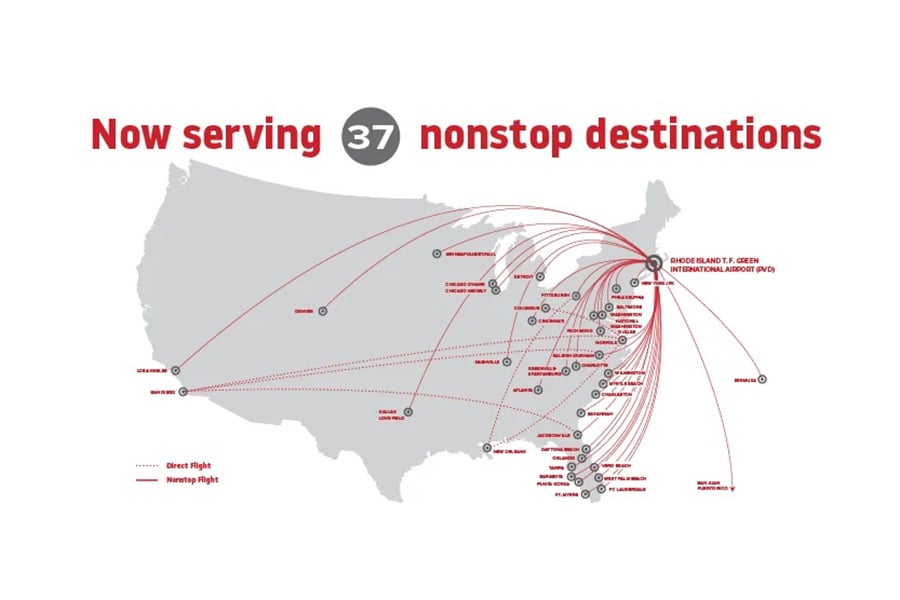Cannabis Campus
Where to home in on marijuana-focused majors, minors or certificates.
Johnson & Wales University, Providence
The major: A Bachelor of Science in cannabis entrepreneurship.
what to expect: Students enroll in biology, chemistry, plant cultivation, application of fungi and botany courses with focuses in hydroponics and real-life application. Students also enroll in marketing, human resources, analytics and supply chain management courses to understand the business side of the industry. “It lives between our College of Arts and Sciences and our College of Business, so you get a holistic experience while learning about both the science of growing as well as the marketing and business sides,” says Rachel Nunes, Johnson & Wales University’s media relations specialist.
Who it’s for: People interested in growing, producing and marketing cannabis products.
What about the plants? Students explore the process of developing non-psychoactive cannabis products (best known as CBD) from seed to distribution, but they don’t actually grow the real deal. “We don’t actually use hemp plants. We use tomato plants because they are similar and we grow all sorts of things in hydroponic tents,” Nunes says. “It’s really about the science of growing in general, so that it can be used for all sorts of hydroponic operations.”
Where to take it: Classes take place on campus. “It can cover all aspects of the industry because like any other industry, it’s not just about the product, it’s about the marketing and sales of it.”
Completion rate: Four-year bachelor’s degree.

Brendan Craveiro completed URI’s online cannabis certificate. Photography courtesy of University of Rhode Island.
University of Rhode Island, Kingston
The major: Cannabis studies certificate or a minor in cannabis studies.
What to expect: “We actually have two programs: One is a completely online certificate program that you can take from anywhere. Students can log on anytime and complete the work,” says Stephanie Forschner-Dancause, the cannabis program coordinator at the University of Rhode Island. “Because of the popularity of the online certificate, we had a lot of campus-based students interested in these classes, so we developed a separate minor.”
Who it’s for: “The online class attracts students from all over the country. Some of them already have companies and they’re making products and they want to learn how to do it more safely or make them more consistent,” Forschner-Dancause says. “We have also had nurses, doctors and pharmacists go through the program because they might be advising patients who are interested in using medicinal cannabis. We have had some people who are more interested in wellness, and others who are looking to write better policies and regulations for the industry.”
What about the plants? “The classes are all post-cultivation. We’re not talking about how to grow it. It’s more focused on pharmacology and how it works and what’s the evidence for its medicinal use?” Forschner-Dancause says. “We focus on how it’s being turned into products. How do you take it from the plant to make the gummy, tincture or a topical cream? And how do you test the products or plants to make sure they’re safe and free of any contaminants, pesticides, solvents or heavy metals.”
Where to take it: The cannabis studies certificate is all online, while the minor requires on-campus classes.
Completion rate: Four, seven-week online courses for twelve credits. Also offered as a minor degree with the same four classes, plus several more required credits.


























